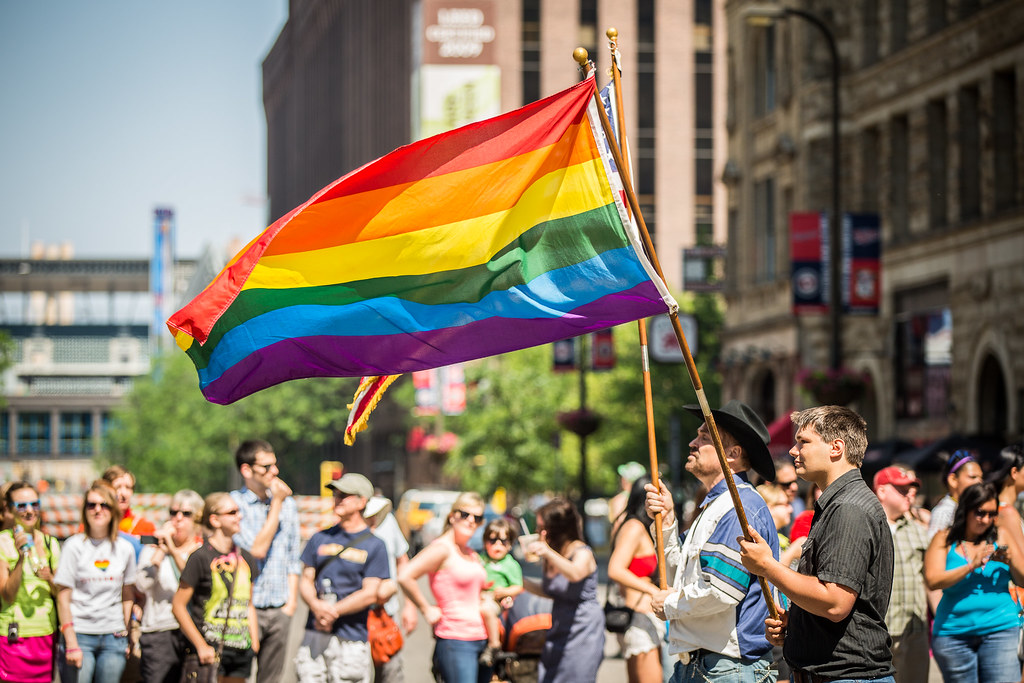Unknown to many students, Asbury University is on a “shame list” on campuspride.org as one of the worst schools for members of the LGBT community to attend. This site serves to warn students away from schools that may be dangerous for them to attend.
Despite the shame list, there are still LGBT students who attend Asbury. I have spoken with sexual minority students who say they prefer to keep that part of themselves a secret from the rest of campus. Asbury has policies against bullying and discrimination on campus, and though a morality code in the Asbury community handbook includes a statement on same-sex relationships, it makes no statement regarding gender: “All forms of sexual intimacy that occur outside the covenant of heterosexual marriage are sinful distortions of the holiness and beauty for which God intended.”
“We do have a statement on human sexuality, we do not have a statement on gender. So transgender students and people who are struggling with gender dysphoria do not have a clear set of rules,” said Dr. Chris Bounds, Professor of Christian Studies Philosophy at Asbury. “There is nothing prohibiting an LGBT student from being on campus … but they cannot act on their sexuality, and there is a need for some level of conformity to their biological sex.”
In the fall of 2016, Dr. Sarah Baldwin addressed the freshman class to introduce campus policies, community life standards and sources of support for students. Baldwin clearly defined that Asbury had zero tolerance for discriminating against students who identify as LGBT. But there can be a disconnect from the promises made of safety and support and actual actions on campus. One LGBT student I spoke with said the support “felt like a relief, but I stopped feeling that after a few weeks in classes.”
Bounds shared with me instances of students being disciplined for holding hands with someone of the same sex. Students have told me about homophobia not only spread by other students, but professors as well.
In 2017, Bounds and fellow faculty member, Dr. Janet Dean, saw a need for support and community for gender and sexuality minorities. They heard the stories from students about how they were being treated on campus. Together, Bounds and Dean created an unofficial support group for LGBT students off campus that was only advertised by word of mouth. According to Bounds, this group was well-attended and successful for a while, but due to the fear of sharing this information, attendance eventually dwindled and Bounds and Dean stopped holding meetings.
Asbury needs a more public LGBT support group for the well-being of its students. Other Christian schools, like Grove City College, have been noted by Political Research Associates to be making progress toward creating their universities to be more open and welcoming to LGBT students. Asbury would only prosper with a support group for its LGBT students; it would offer a better way for LGBT students to connect and understand their faith through the lens of their sexuality or gender. It could provide a safe place to meet, with the location still kept secret to prevent potential harm to these students. The Asbury community would also benefit by seeing a more official stance of solidarity between Christians and the LGBT community.
We are called to love our brothers and sisters in Christ. According to Acts 11:16, we are instructed, “Do not call anything unclean which God has made clean.” Whether intentional or not, Asbury’s silence has created an environment to exclude and oppress LGBT people. If we want to be known as something other than “the school on the shame list,” there needs to be change.


